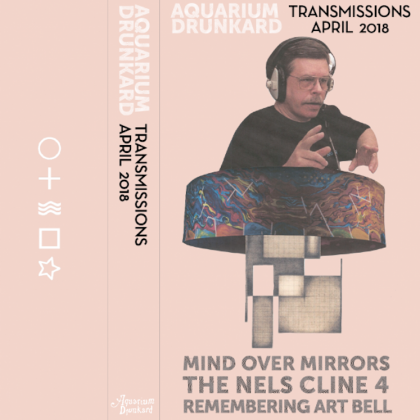Willie Nelson doesn’t seem to age. Like Robert Duvall, he seems to have emerged into our cultural consciousness already in middle age, and to simply move through stylistic permutations the way the moon moves through cycles until, like Prince, those circular movements simply cease.
Nevertheless, for those of us keeping score in the mortal world, this weekend was the eighty-fifth anniversary of the birth of the Red-Headed Stranger. As he moves on into yet another permutation – one we might call “the Zen cowboy ponders death” – with the release of Last Man Standing, it’s a good time to look back on all those phases and stages with a few second-level cuts from the man himself. Consider it your Willie Nelson 201.
In 1956, Willie worked as a radio announcer in Vancouver, Washington, and sold a simple gospel song called “Family Bible” for a mere $50. Though it was his first sale, and the song became somewhat canonical in the world of country gospel, Willie’s take on it wouldn’t find a home on an album until 1971’€²s morality tale Yesterday’s Wine. (Oddly enough, the track would warrant an album of its own in 1980). The song itself is more of a nod to the culture of Christianity than it is an actual spiritual song. Over tasteful fiddles and pedal steel, Willie remembers the family gathering around the table to hear Bible stories and his mother’s faithful strains of “Rock of Ages.” When he finally gets to the moral – “This old world would better be / If we’d find more Bibles on the tables” — we have to wonder whether Willie’s more in favor of the Word of God or the spiritual bonds of family and memory, or whether we can even have one without the other.
Willie Nelson :: Family Bible
Kicking off with a jagged Spanish guitar run, “I Never Cared for You” is Willie’s first great kiss-off. It slides quickly into Willie’s voice, solo with reverb. “The sun was full of ice and gave no warmth at all,” Willie sings. “I never cared for you.” And just like that, a loping Mexican rhythm fills in behind him and he’s in the saddle, riding out of town with his back to Main Street. Soon enough, he’d retire from country music and leave Nashville, retreating to the hills of Austin, Texas, where he’d emerge several years later, reenergized and playing a rock and folk infused version of country music that would scare Nashville out of its platinum pants.
Willie Nelson :: I Never Cared for You
By 1973, Willie Nelson needed a hit of his own. He’d left Nashville something of a failure; Ray Price and Patsy Cline had made household names of “Night Life” and “Crazy,” respectively, but Willie had yet to score one on his own. Back in Texas, Willie penned “Sad Songs and Waltzes,” a lament for, well, lamentation. Willie, always the gentleman, tells his ex-lover that he’s writing a song about her but, not to worry, as no one would ever hear it. “Sad songs and waltzes aren’t selling this year,” he explains, a pedal steel dragging behind him. Though Shotgun Willie was a critical smash, it would be a few more years before the sad songs and waltzes on Red Headed Stranger would sell in the millions.
Willie Nelson :: Sad Songs and Waltzes
Only the good shit. Aquarium Drunkard is powered by its patrons. Keep the servers humming and help us continue doing it by pledging your support.
To continue reading, become a member or log in.
